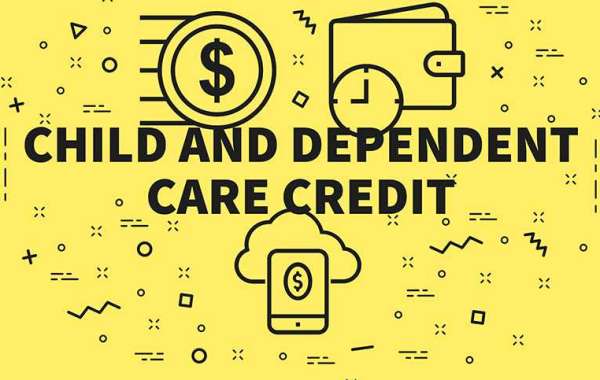
Child and Dependent Care Credits
It is possible to claim a child and dependent care credit on your tax return this year when you pay someone to care for your dependent younger than 13 and for your spouse or a dependent who could not take care of themselves while you were at work. A good example of a dependent who could not care for themselves is a spouse with a disability.
The credit can amount maximum of 35% of your expenditure, according to the definition. The maximum amount of Dependent Care Credit per eligible dependent is $1,050. When you have two or more qualifying dependents, the maximum is $2,100. To qualify, you must have incurred the required expenses so that you could work or search for employment. To be eligible for the program, you have to provide more than half of the expenses of maintaining your home, which is also the residence of the person who qualifies.
Credit amount Maximum amount for work-related expenses on which credit is used is $3,000 per qualified individual and $6,000 when at least two qualifying persons are in the. The amount of credit is based on the percentage of credit as stated in the IRS table calculated based on the taxpayer's adjusted gross income multiplied by the amount of qualifying work-related expenses paid in the year 2009. Taxpayers with an adjusted gross income of less than $15,000 can use the highest percentage of 35 percent. If taxpayers have an adjusted gross of over $15,000, the credit is reduced by one point, as specified. This tax credit is calculated on a percentage of eligible expenses. The percentage can range between 20 and 35% of eligible expenses.
Qualifying Expenses can include expenses paid for household services and taking care of an eligible individual who allows the taxpayers to go to work or search for employment. However, if you did not find employment and did not earn a salary in 2009, you are not eligible to take the credit.
Here is a shortlist of eligible expenses:
1. Daycare for children 2. Daytime dependent care facility for adults
3. Services for the home like cook or maid, babysitter, housekeeper, cleaner
Here is a brief list of the types of expenses not permitted:
1. Elementary school or a higher grade
2. The cost of transport for caregivers
3. Overnight camp
4. In general, food, clothing, entertainment, and education
5. Payments for child support
Paying to relatives: A payment to a family member may be tax-deductible if the taxpayer is claiming an exemption for dependency for that relative or if that relative is the taxpayer's child who is younger than 19.
Claim the Credit Claim the Credit Generally, an individual taxpayer married must file a joint return to be eligible for the credit. There are specific rules for taxpayers that aren't married. A taxpayer who is divorced or legally separated having custody of a child who's disabled or is under 13 years old can claim the credit, even if they have waived their rights to the exemption from dependency on the kid. To be eligible for the credit, a taxpayer is legally required to supply the Social Security number for each qualified individual and a Social Security number for each caregiver.
Overview: Additional rules are in place for children of separated or divorced parents, including the benefit of treatment dependent they receive, filing status, carryovers from prior years and more. Refer to the IRS Publication 501 for more details.
To learn more about please visit: https://americantaxservice.org




